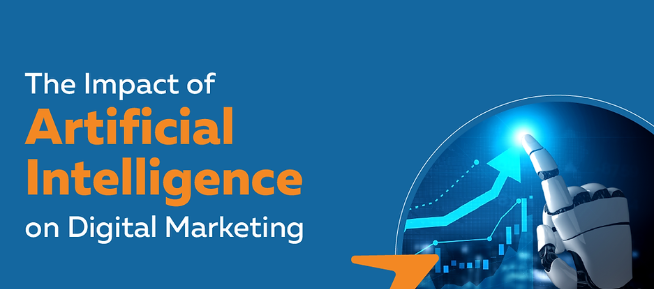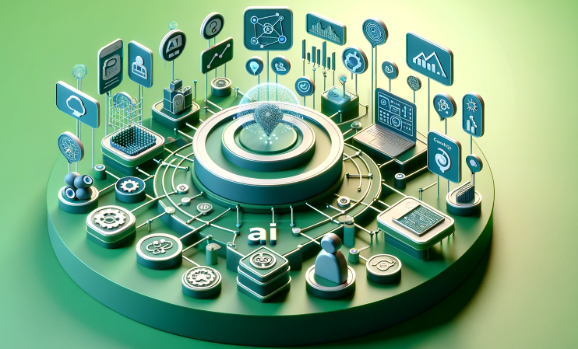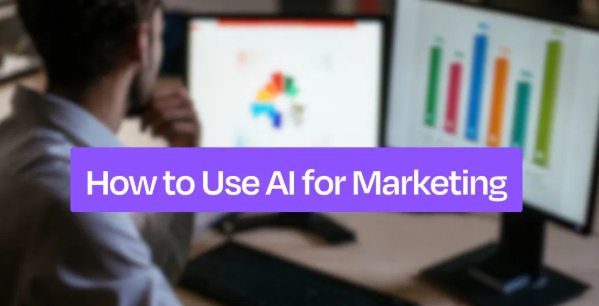Artificial Intelligence (AI) is opening up powerful new opportunities for businesses to innovate, grow, and operate more efficiently. With its ability to analyze vast amounts of data, automate tasks, and provide actionable insights, AI is becoming a core driver of digital transformation. As more organizations adopt AI, the opportunities it brings are only expanding.
Increased Operational Efficiency
AI enables businesses to streamline operations by automating repetitive, time-consuming tasks. From processing invoices and managing emails to scheduling and data entry, AI tools reduce manual effort, minimize errors, and free up employees to focus on higher-value work.
Improved Customer Experience
AI is transforming customer service through tools like chatbots, voice assistants, and intelligent help desks. These tools can answer queries, resolve complaints, and guide customers through products or services — all in real time. Personalized recommendations and proactive support further enhance the customer journey.
Smarter Decision-Making
AI systems can process and analyze data much faster than humans, uncovering patterns and trends that are not easily visible. Businesses can use AI to forecast demand, analyze market conditions, and support strategic decisions with predictive analytics. This leads to more accurate planning and better risk management.
New Product and Service Innovation
AI opens doors for creating entirely new products and services. For example, in the healthcare industry, AI is enabling personalized treatment plans, while in finance, it is powering robo-advisors. Businesses can innovate faster with AI by using machine learning models to test ideas, simulate outcomes, and accelerate product development cycles.
Enhanced Marketing and Sales
AI helps businesses understand customer behavior, segment audiences, and run highly targeted campaigns. Marketing teams can use AI to optimize ad spend, A/B test content automatically, and generate copy that resonates with specific demographics. In sales, AI can prioritize leads and suggest upselling opportunities based on customer profiles.
Cost Reduction
By improving efficiency, reducing waste, and optimizing resource usage, AI can significantly cut operational costs. Predictive maintenance in manufacturing, automated fraud detection in finance, and smart inventory management in retail are just a few examples of how AI helps reduce unnecessary expenses.
Workforce Productivity and Collaboration
AI-powered tools assist employees in writing emails, creating presentations, summarizing documents, and organizing data. This boosts productivity across departments and encourages seamless collaboration. Teams can accomplish more in less time with the help of intelligent tools.
Competitive Advantage
Companies that adopt AI early can gain a significant edge over competitors. AI allows businesses to adapt quickly to market changes, deliver superior customer experiences, and launch innovative solutions. This agility helps maintain a strong position in increasingly competitive markets.
Data Monetization
Businesses sitting on large amounts of data can use AI to unlock its value. AI can analyze customer behavior, operational trends, and market dynamics to uncover insights that can be used internally or packaged as new data-driven services.
Scalability
AI systems can scale rapidly to handle growing data volumes, customer bases, and operational complexity. This makes AI particularly valuable for startups and enterprises alike, helping them grow without linear increases in cost or effort.
Conclusion
AI offers a wide array of opportunities for businesses willing to embrace change and innovation. Whether it’s improving internal processes, enhancing customer relationships, or creating new revenue streams, AI is shaping a more intelligent and efficient future for companies across all industries. The organizations that harness AI strategically will not only keep up with the future — they’ll lead it.







Leave feedback about this